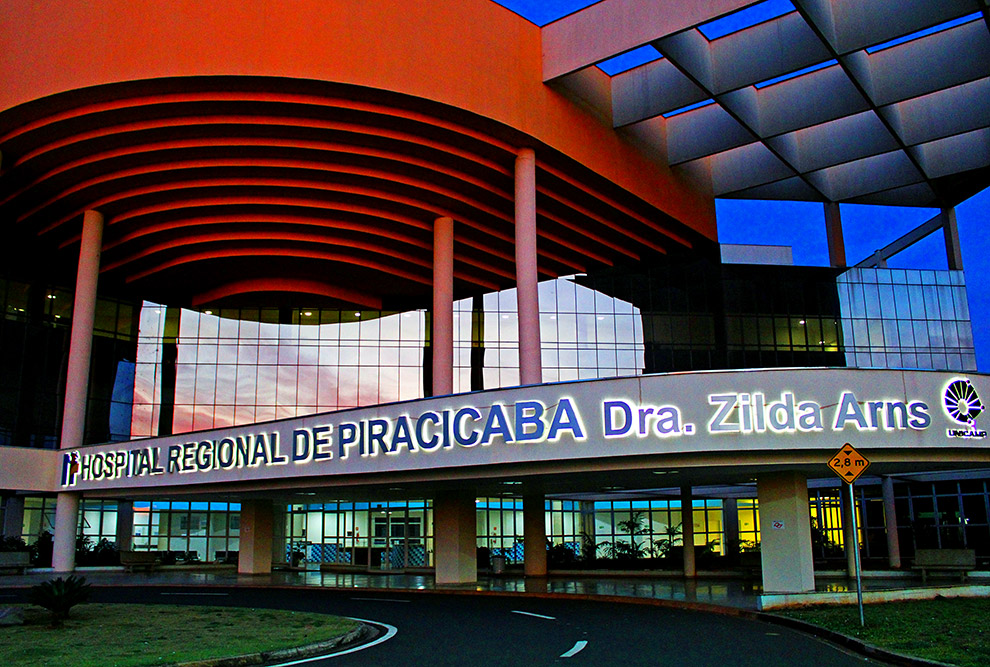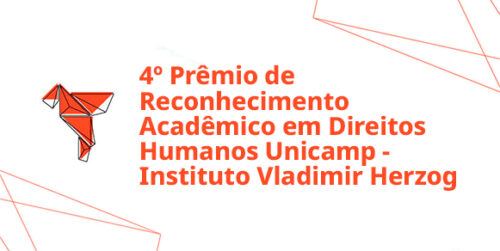The Piracicaba Regional Hospital (HRP-Unicamp) started the Nutrology Service, thus expanding the framework to 25 medical and seven non-medical specialties, offered to a population estimated at 1,5 million residents of 26 cities, which make up the region of Piracicaba. The specialty aims to reverse a scenario in which, according to national and international research, up to 60% of patients who undergo surgical procedures in Brazil and South America are malnourished, increasing the risk of death. In addition to the benefit to the patient's health, the benefits also include the hospitals' finances, as for every dollar invested in Nutritional Therapy there is a saving of 52 dollars in the institutions' expenses.
In-hospital malnutrition is a public health problem linked to a significant increase in morbidity and mortality, according to scientific research carried out by the SciELO platform (Scientific Electronic Library Online). According to the virtual library, around 50% of the hospitalized population in Latin America is already admitted with some degree of malnutrition. The problem affects both patients treated in public and private networks. Studies carried out in countries such as the United States, Sweden and the Netherlands have shown that hospital malnutrition is not exclusive to developing countries, with a prevalence of between 30 and 50% in developed countries.
The Brazilian Nutritional Assessment Survey (Ibranutri) evaluated 4 thousand patients in 2020 and demonstrated that approximately 48% of the hospitalized population was malnourished. Of these, 12,6% were severely malnourished, with malnutrition being greater as hospital stays increased and in patients with malignant neoplasia.
Also according to nutritionists, malnutrition can adversely affect the clinical evolution of patients by increasing the length of hospital stay, the incidence of postoperative complications, such as infections and delayed wound healing, in addition to increasing the mortality rate.
“Currently, there are several data in the literature showing that malnourished surgical patients are those who have higher postoperative mortality, morbidity, length of stay, readmission rates and hospital costs. It is believed that between 25% and 60% of patients undergoing surgery are already at nutritional risk. This number is higher among patients who will undergo major surgery on the gastrointestinal tract or oncological surgery”, said nutritionist Stefanie Miori, responsible for the Nutrology Service at HRP, also a specialist in Clinical Medicine.
The nutritionist works with the early identification of this group of patients at nutritional risk, so that an appropriate Nutritional Therapy can be developed both pre- and post-operatively, with the aim of minimizing collateral damage. “In addition, there is evidence that, for every dollar spent on Nutritional Therapy, there is a saving of 52 dollars in hospital costs. In other words, everyone wins, both the patient and the hospital itself”, says the doctor.

Despite having been officially recognized by the Federal Council of Medicine in 1978, Nutrology still appears as a novelty in the hospital network, mainly public, in the interior of the state of São Paulo. According to the Medical Demography study in Brazil, carried out by the University of São Paulo (USP) in 2020, only 1.771 nutritionists were registered with the Regional Councils of Medicine (CRM). The state of São Paulo has the highest concentration of these professionals.
“HRP works to offer patients in the Unified Health System (SUS) the most diverse medical and non-medical specialties, aiming to cover all the complexity involved in caring for people. The Nutrology Service at the institution meets this perverse reality, which highlights the malnutrition and malnutrition of patients, which increases the risks in surgical interventions. Our management is optimistic about the direction that the HRP has been taking to guarantee a range of quality services with cutting-edge professionals, such as these new nutritionists who are joining our Clinical Staff”, said the superintendent of the HRP, infectious disease doctor Vitor Marim.
For nutritionist Klevin Canuto, who is also part of the hospital's Nutrology Service team, using nutritional therapies such as oral, enteral or even parenteral, when the digestive system does not work, the patient will have a better chance of a full recovery after the surgeries. “There are several benefits for patients who receive adequate nutritional therapy. There is a reduction in the incidence of mortality, morbidity, infection rates, time on mechanical ventilation. There is also an improvement in the wound healing process and a lower incidence of pressure injuries, in addition to minimizing the decline in the patient's functional status after discharge”, points out Canuto.



